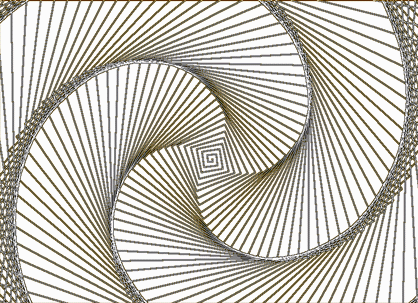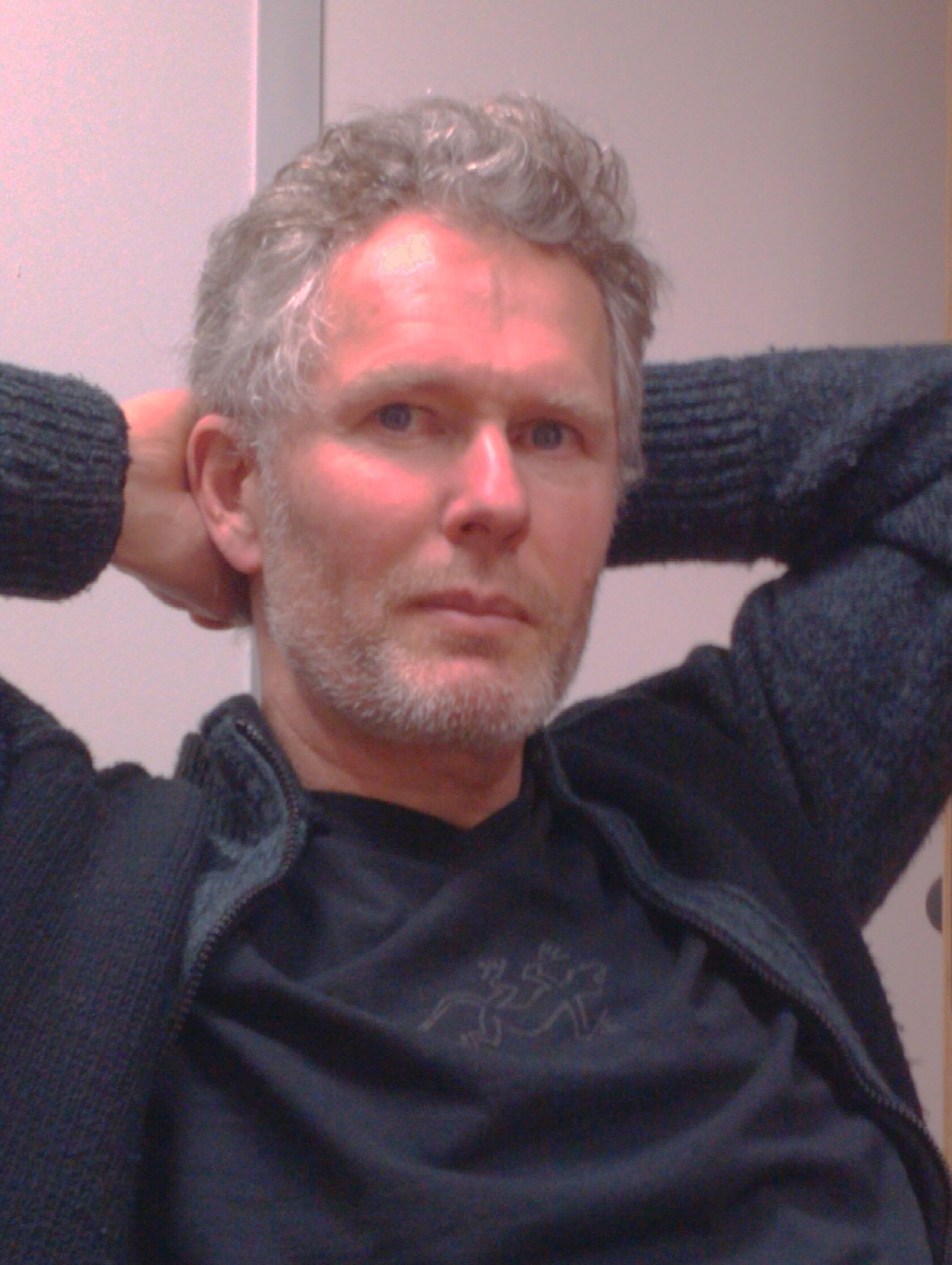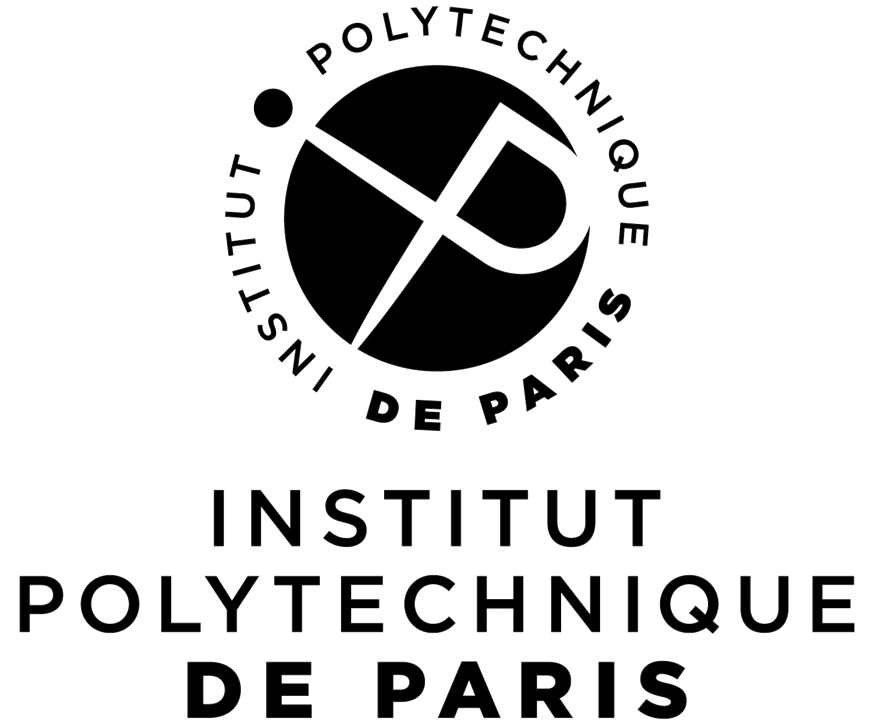Original theoretical results
Simplicity Theory
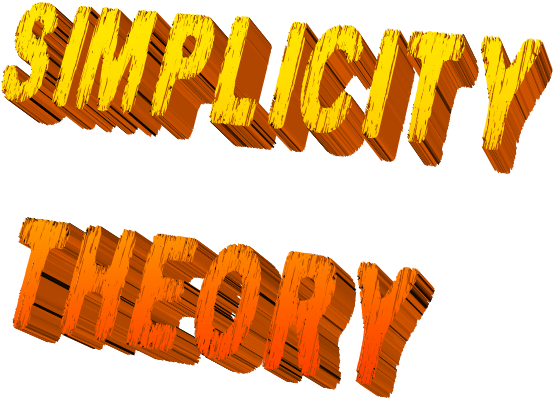 Interesting events are simpler to describe than to generate.
Interesting events are simpler to describe than to generate.
This law predicts that events close in time and space are more likely to raise interest.
It also predicts the fascination of coincidences, story rounds, and several other spectacular aspects of spontaneous communication.
Generative theory of spontaneous dialogue
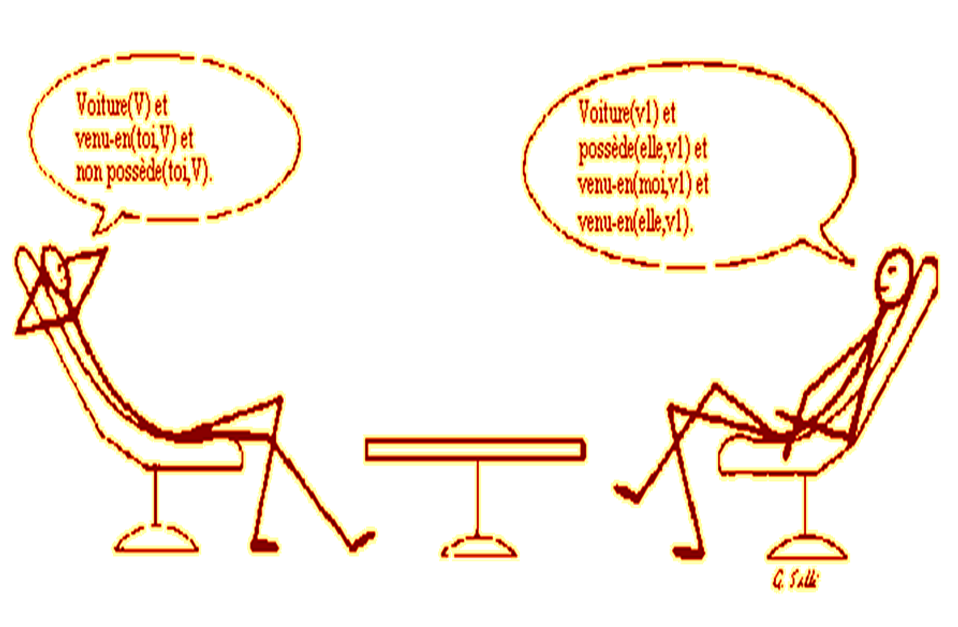 For long I suspected that the way people conceive their next move in a discussion is quite "mechanical". During years I strived to simplify a cognitive algorithm to bridge the gap between knowledge and conversation. I arrived at a minimal procedure, named CAN (Conflict, Abduction, Negation) that correctly predicts important aspects of argument generation in spontaneous discussion.
For long I suspected that the way people conceive their next move in a discussion is quite "mechanical". During years I strived to simplify a cognitive algorithm to bridge the gap between knowledge and conversation. I arrived at a minimal procedure, named CAN (Conflict, Abduction, Negation) that correctly predicts important aspects of argument generation in spontaneous discussion.
- Dessalles, J.-L. (2016). A Cognitive Approach to Relevant Argument Generation.
- more on my model of argument generation
Altruism, social signalling, and the evolutionary emergence of language
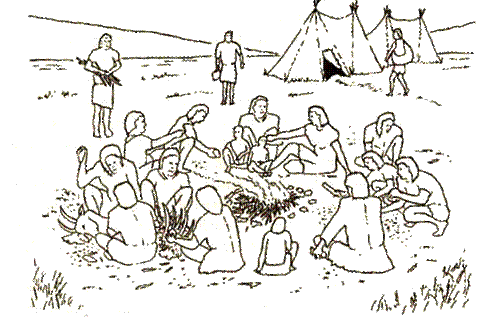 Human language remains a mystery for evolutionary theory: why give information to competitors?
Human language remains a mystery for evolutionary theory: why give information to competitors?
➜ My answer: Language evolved to display social signals.
This evolution was possible in the particular political context of our species.
My model of Social Signalling also provides a new explanation for many cases of apparently altruistic behaviour, in several species, independently from language.
- Dessalles, J.-L. (2014). Optimal Investment in Social Signals. Evolution, 68 (6), 1640-1650.
- more on social signals
- more on the emergence of language
The nature of semantic knowledge
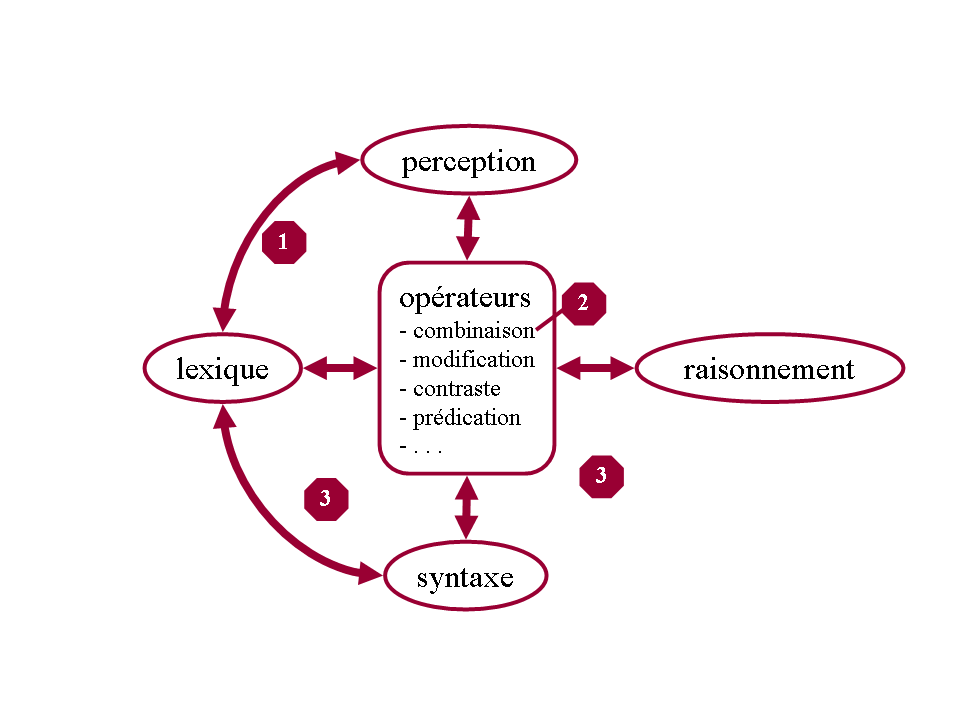 What is the nature of meaning? What is the nature of the representations we attached to "apple", "cut", "cut an apple"?
What is the nature of meaning? What is the nature of the representations we attached to "apple", "cut", "cut an apple"?
We could show that any account of meaning using permanent symbolic representations is inconsistent. On the other hand, non-symbolic models do not account for systematic properties of language and reasoning. Together with Laleh Ghadakpour, we designed a model in which meaning is dynamically produced by cognitive operators like the contrast operator.
- Dessalles, J.-L. (2015). From conceptual spaces to predicates.
- more on my research on semantics
A cognitive model of Aspect
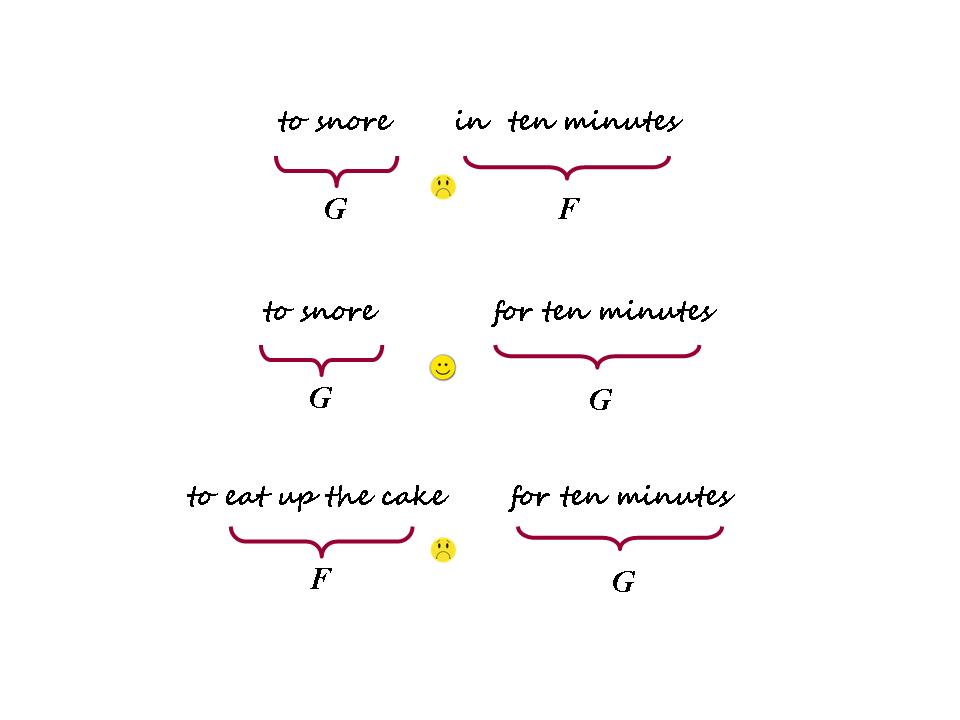 All human individuals have an intuitive grasp of Aspect. "She smoked during the lecture" could mean a single short smoking event (included in the lecture event), a single long event (covering the lecture event), or a repeated event. All attempts to capture this intuitive competence into a simple algorithme have failed.
All human individuals have an intuitive grasp of Aspect. "She smoked during the lecture" could mean a single short smoking event (included in the lecture event), a single long event (covering the lecture event), or a repeated event. All attempts to capture this intuitive competence into a simple algorithme have failed.
Together with Laleh Ghadakpour and Damien Munch, we showed that models in which Time is implemented in a static structure are inconsistent. We could capture an important part of the Aspectual competence as a minimal recursive procedure, by using new notions such as "predication".
- thesis (Laleh Ghadakpour’s PhD dissertation, in French)
- thesis (Damien Munch’s PhD dissertation, in French)
- more on my research on semantics
Problem solving isn’t purely procedural.
- thesis (Jean-Bernard’s PhD dissertation, in French)
- more on my research on Learning
Other important contributions
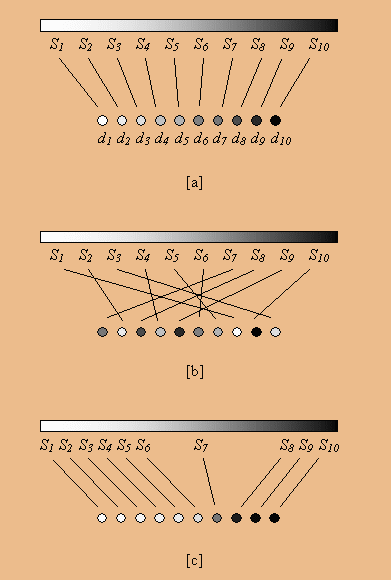
Non epiphenomenality of qualia
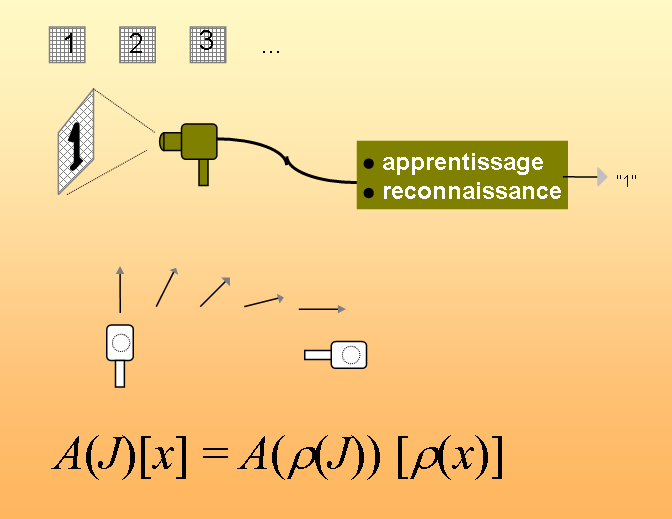
Inateness
